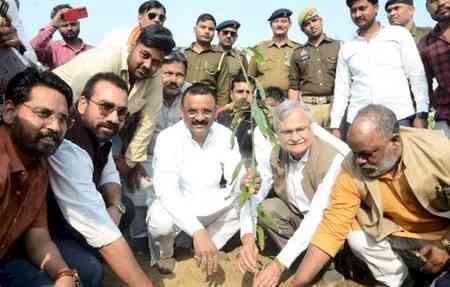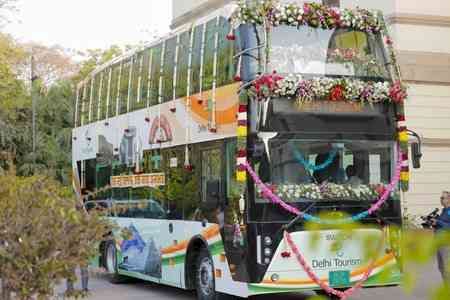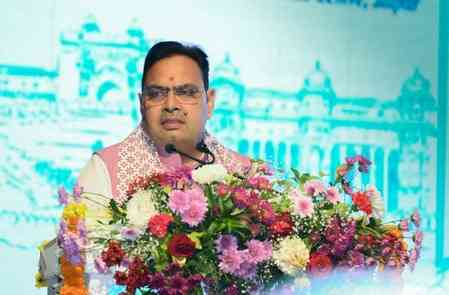Punjab Politics Heats Up Ahead of 2027 Assembly Elections
With the Punjab Assembly elections scheduled for 2027, political activity in the state has gained significant momentum. Parties have entered into an aggressive campaign mode, vigorously highlighting their policies and programmes. However, the lack of clarity and implementation of several social schemes has left the people of Punjab caught in a dilemma between promises and ground realities.

By: Rajat Kumar Mohindru, Journalist, Jalandhar
With the Punjab Assembly elections scheduled for 2027, political activity in the state has gained significant momentum. Parties have entered into an aggressive campaign mode, vigorously highlighting their policies and programmes. However, the lack of clarity and implementation of several social schemes has left the people of Punjab caught in a dilemma between promises and ground realities.
The Bharatiya Janata Party (BJP) in Punjab has particularly intensified its efforts. Riding on the success of its membership drive, the party has appointed Ashwani Kumar Sharma, MLA, as the State Working President. Similarly, State President Sunil Kumar Jakhar is leading from the front with an active and assertive approach.
Recently, a delegation of BJP leaders met the Punjab Governor to apprise him of the prevailing political situation in the state. In addition, the party has launched a grassroots campaign, “Chalo Gaon Ki Ore,” under which BJP leaders are organizing camps in rural areas. The objective of these camps is to inform people about various social welfare schemes, policies, and programmes rolled out by the Central Government under the leadership of Prime Minister Narendra Modi—schemes which, according to BJP, are either pending implementation or remain inadequately highlighted in Punjab.
The BJP maintains that the real motive of this outreach is to ensure that the masses, particularly those in rural belts, become aware of the benefits meant for them. The party argues that many eligible families are still deprived of these welfare measures due to gaps in implementation by the state government.
Tensions have escalated as the Punjab Government recently detained several BJP leaders during their political activities, although they were released after a few hours. Sunil Kumar Jakhar has strongly criticized the state government for allegedly failing to extend the benefits of central social schemes to the people of Punjab.
On the other hand, the Aam Aadmi Party (AAP) government led by Chief Minister Bhagwant Mann has countered these allegations, blaming the Union Government for deleting names from ration cards. The state government insists it remains firm on not removing any genuine beneficiary’s name from the list.
This tug of war raises a larger policy question: Why not issue more ration cards to cover middle-class families who also deserve access to subsidized food grains? Experts argue that the government should consider opening a transparent process for new ration card applications, linking them with Aadhaar and voter ID cards, so that every deserving citizen can avail the benefits of Union and state government schemes.
As Punjab moves closer to 2027, the political narrative is expected to sharpen further, with both ruling and opposition parties intensifying their campaigns to claim the trust of the electorate. For the people, however, the ultimate question remains—will these promises finally translate into tangible benefits on the ground?
(Views are personal)



 Rajat Kumar
Rajat Kumar 









